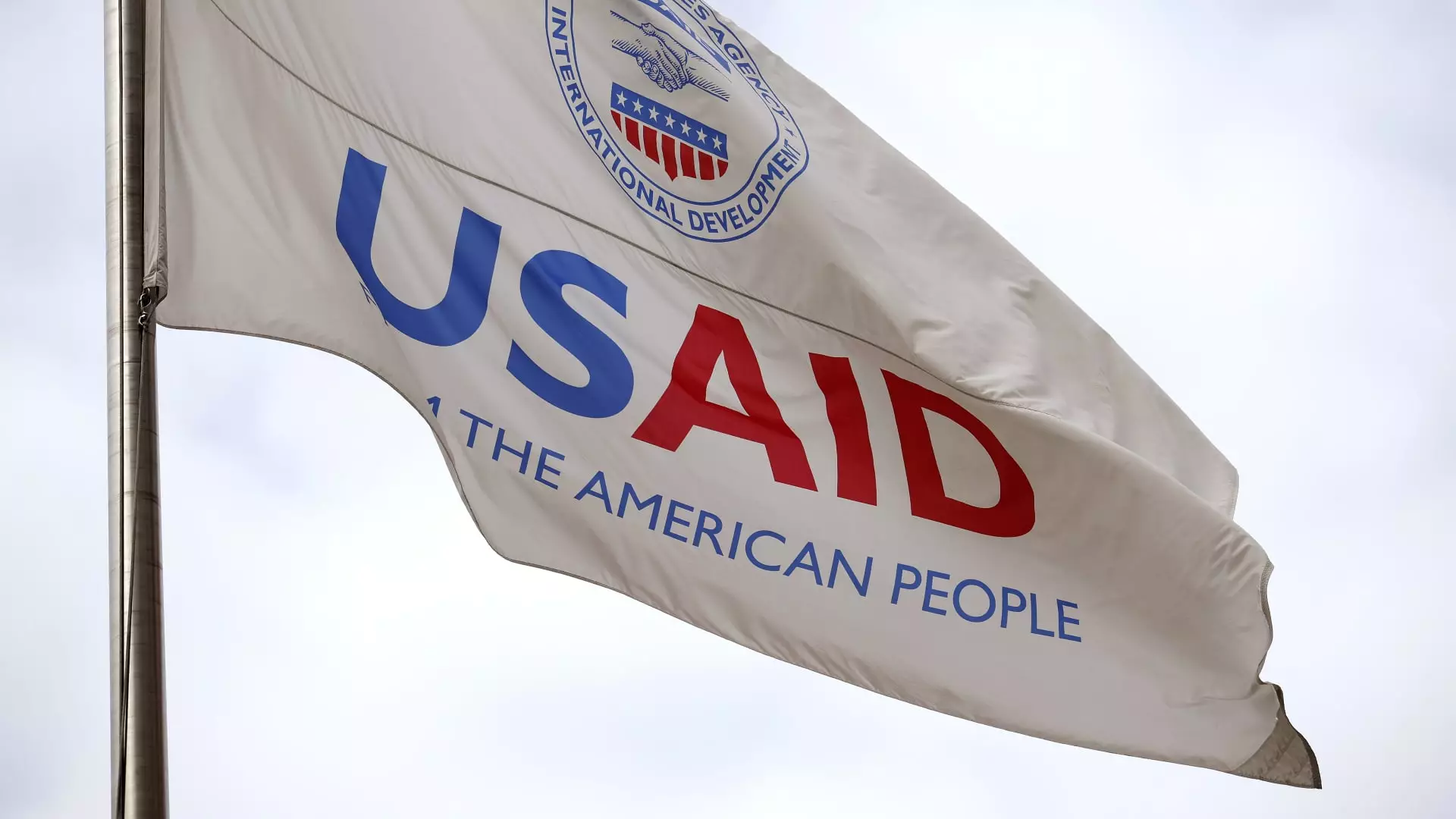The recent decision by the Trump administration to terminate three U.S. aid workers while they were actively engaged in rescue and recovery efforts in Myanmar reveals a shocking disregard for human life. As more than 3,300 people tragically lost their lives in a devastating magnitude-7.7 earthquake, the actions of the administration signal an ominous trajectory in U.S. foreign policy where humanitarian assistance has become a casualty of political maneuvering.
The dramatic layoffs, as revealed by former USAID official Marcia Wong, are symptomatic of a broader pattern of neglect. While the administration has pledged a financial commitment to aid Myanmar, the gutting of USAID leaves behind a skeleton crew ill-equipped to deal with the overwhelming needs of the survivors. Instead of sending warm-hearted and dedicated officials to assist those who desperately need relief, the administration has embarked on an unfortunate quest to slash funding and personnel under the guise of “efficiency.” This reduction in aid capacity directly contradicts the principles of compassion and solidarity that the United States has historically espoused.
A Cruel Reality: Sleeping on the Streets
Tragically, these three USAID workers now find themselves sleeping on the streets in a disaster zone, representing not merely the loss of jobs but a crushing blow to morale and efficacy in the face of adversity. How is it possible that in a moment of acute humanitarian need, individuals focused on rescue efforts are reportedly displaced themselves? This cruel juxtaposition lays bare the administration’s ruthless calculation—indeed, the loss of these aid workers reflects a perverse prioritization where bureaucracy eclipses humanity.
The situation has not gone unnoticed; Wong expressed her disbelief that the U.S. government would choose to terminate individuals deeply committed to alleviating suffering. It raises troubling questions regarding accountability and motivation within the current administration. Are these decisions being made in the interests of the American public, or are they merely a cynical effort to appease a political agenda?
International Response and Isolationism
As the U.S. falters, nations such as China, Russia, and India have rushed to fill the vacuum, providing much-needed assistance while the U.S. grapples with its diminishing role as a global humanitarian leader. Secretary of State Marco Rubio’s dismissive comments undermine the importance of proactive engagement, suggesting that structural challenges should excuse inaction. This isolationist approach marks a grim turning point; the U.S. is not merely stepping back from its historic role but is hastily dismantling an entire framework of disaster response.
Refusing to take responsibility for delays in aid, the administration claims it is merely difficult to operate in Myanmar due to the military junta’s resistance. Yet, if we accept this reasoning, we concede a defeatist attitude that undermines the very purpose of U.S. foreign policy. The U.S. should engage, advocate for humanitarian access, and work to leverage its influence, instead of retreating into an isolationist shell.
By rejecting the mantle of leadership, the administration not only deprives those in Myanmar of critical assistance but also tarnishes America’s standing on the world stage. As other nations step in, the United States risks losing the moral high ground. What a tragedy it would be if we allow our collective ability to lend a hand in times of dire need to slip away into the annals of history.

